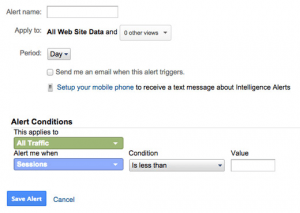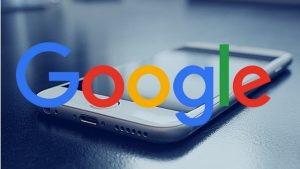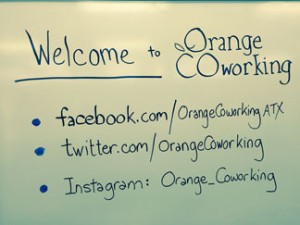Disruption In The Rear-View Mirror
by Gord Hotchkiss , Featured Contributor, May 9, 2017
Oh, it’s so easy to be blasé. I always scan the MediaPost headlines each week to see if there’s anything to spin. I almost skipped right past a news post by Larissa Faw: “Zenith: Google Remains Top-Ranked Media Company By Ad Revenue.”
“Of course Google is the top-ranked media company,” I yawned as I was just about to click on the next email in my inbox. Then it hit me. To quote Michael Bublé, “Holy shitballs, Mom!”
Maybe that headline doesn’t seem extraordinary in the context of today, but I’ve been doing this stuff for almost 20 years now, and in that context — well, it’s huge!
I remembered a column I wrote ages ago speculating that Google had barely scratched its potential. After a little digging, I found it. It was in October, 2006, so just over a decade ago.
Google had just passed the $6 billion mark in annual revenue. Ironically, that seemed a bigger deal than its current revenue of almost $80 billion seems today. In that column, I pushed to the extreme and speculated that Google could someday pass $200 billion in revenue. While we’re still only 1/3 of the way there, the claim doesn’t seem nearly as ludicrous as it did back then.
But here’s the line from the current article that really made me realize how far we’ve come in the 10-and-a-half years since I wrote that column: “Google and Facebook together accounted for 20% of global advertising expenditure across all media in 2016, up from 11% in 2012. They were also responsible for 64% of all the growth in global ad spend between 2012 and 2016.”
Two companies that didn’t exist 20 years ago now account for 20% of all global advertising expenditure. And the speed with which they’re gobbling advertising budgets is accelerating.
If you’re a dilettante student of disruption, as I am, those are pretty amazing numbers. In the day-to-day of MediaPost — and digital marketing in general — we tend to accept all this as normal. It’s like we’re surfing on top of a wave without realizing the wave is 300 freakin’ feet high. Sometimes, you need to zoom out a little to realizing how momentous the everyday is. And if you look at this on a scale of decades rather than days, you start to get a sense that the speed of change is massive.
To me, the most interesting thing about this shift is that both Google and Facebook have introduced a fundamentally new relationship between advertising and its audience. Google’s approach is, of course, intent-based advertising. And Facebook’s is based on socially mediated network effects. Both of these things required the overlay of digital connection. As they say, that has made all the difference — and it’s where the real disruption can be found.
Our world has become a fundamentally different place.
Much as we remain focused on advertising and marketing here in our little corner of the digital world, it behooves us to remember that advertising is simply a somewhat distorted reflection of the behaviors of the world in general. If things are being disrupted here, it’s because things are being disrupted everywhere.
As it concerns us beings of flesh, bone and blood, that disruption has three distinct beachheads: the complicated relationship between our brains and the digital tools we have at our disposal; the way we connect with each other; and a dismantling of the restrictions of the physical world at the same time we build the scaffolding of a human-designed digital world. Any one of these factors has the potential to change our species forever. With all three bearing down on us, permanent change is a lead-pipe cinch.
Thirty years is a nanosecond in terms of human history. Even on the scale of my lifetime, it seems like (May 19, 2017). Reagan was president. We were terrorized by the Unabomber. News outlets were covering the Iran-Contra affair. U2 released “The Joshua Tree.” “Platoon” won the Best pPcture Oscar. And if you wanted to advertise to a lot of people, you did so on a major TV network with the help of a Madison Avenue agency. Thirty years ago, none of the entities I’m talking about existed. Nothing. No Google. No Facebook. No Internet — at least, not in a form any of us could appreciate.
As much as advertising has changed in the past 30 years, it has only done so because we — and the world we inhabit — have changed even more. And if that thought is a little scary, just think what the next 30 years might bring.
MediaPost.com: Search Marketing Daily
(39)








